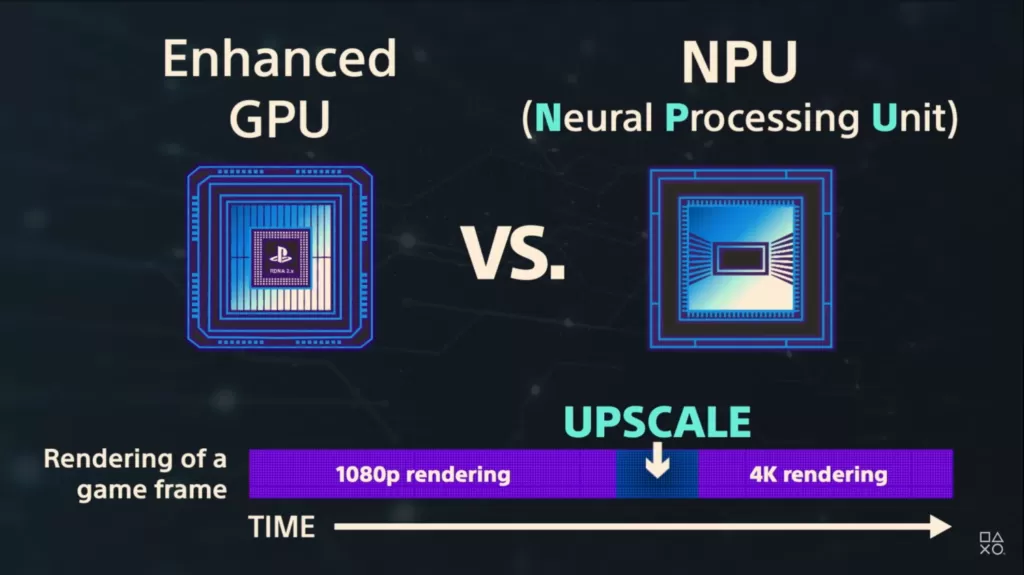10 Ways Software Development Services Are Transforming Healthcare

In the dynamic landscape of healthcare, the integration of technology is catalyzing transformative changes. Custom healthcare software development services have emerged as catalysts for innovation, enhancing patient care, optimizing workflows, and revolutionizing the overall healthcare experience. This comprehensive guide explores ten impactful ways in which custom healthcare software development services are reshaping the healthcare industry.
Electronic Health Records (EHRs) and Digitized Patient Data:
One of the primary contributions of custom healthcare software development services is the digitization of patient records through Electronic Health Records (EHRs). These secure and centralized databases streamline the storage, retrieval, and sharing of patient information among healthcare providers, leading to improved coordination and continuity of care.
Telehealth and Remote Patient Monitoring:
Custom software solutions enable the creation of robust telehealth platforms and remote patient monitoring systems. This facilitates virtual consultations, remote health monitoring, and the timely exchange of health data between patients and healthcare professionals. Telehealth services enhance accessibility to medical expertise, especially in remote or underserved areas.
AI-Powered Diagnostics and Predictive Analytics:
Advanced algorithms and artificial intelligence (AI) applications developed by custom healthcare software services empower healthcare providers with predictive analytics and diagnostic tools. These tools analyze patient data, identify patterns, and assist in early disease detection, leading to more proactive and personalized healthcare interventions.
Workflow Optimization and Management Systems:
Custom healthcare software solutions streamline administrative and clinical workflows. From appointment scheduling and billing to resource management and task automation, these systems enhance operational efficiency, allowing healthcare professionals to focus more on patient care and less on administrative tasks.
Mobile Health (mHealth) Applications:
The proliferation of mobile health applications, developed by custom software services, has empowered patients to actively participate in their healthcare journey. These apps facilitate appointment scheduling, medication reminders, fitness tracking, and real-time communication with healthcare providers, promoting patient engagement and adherence to treatment plans.
Healthcare Analytics for Informed Decision-Making:
Custom healthcare software development services integrate analytics tools that process large datasets to derive actionable insights. Healthcare analytics enable informed decision-making by administrators, clinicians, and policymakers, leading to improvements in resource allocation, quality of care, and overall healthcare outcomes.
Visit – Medical education in India
IoT-Enabled Healthcare Devices:
The Internet of Things (IoT) has ushered in a new era of interconnected healthcare devices. Custom software services play a pivotal role in developing applications that connect and gather data from IoT devices such as wearables, smart sensors, and medical equipment. This real-time data enhances remote patient monitoring and contributes to personalized healthcare interventions.
Cybersecurity Solutions for Data Protection:
The sensitive nature of healthcare data necessitates robust cybersecurity measures. Custom healthcare software development services prioritize the implementation of secure coding practices, encryption protocols, and multi-layered cybersecurity solutions to safeguard patient information from unauthorized access and cyber threats.
Patient Engagement Portals and Communication Platforms:
Patient engagement is a key focus of custom healthcare software services. Development of patient portals and communication platforms fosters proactive communication between healthcare providers and patients. This not only enhances patient satisfaction but also promotes a collaborative approach to healthcare management.
Customizable and Scalable Solutions:
The adaptability of custom healthcare software solutions is a significant advantage. These solutions can be tailored to the specific needs of healthcare organizations, accommodating unique workflows and requirements. Additionally, they are designed to scale as organizations grow, ensuring long-term viability and return on investment.
Conclusion:
Custom healthcare software development services are at the forefront of transforming the healthcare landscape. Through innovations in EHRs, telehealth, AI diagnostics, workflow optimization, mobile health applications, healthcare analytics, IoT integration, cybersecurity, patient engagement platforms, and scalable solutions, these services are driving positive change across the healthcare continuum. As technology continues to advance, the collaboration between healthcare providers and custom software development services will play an increasingly pivotal role in shaping the future of healthcare delivery and patient outcomes.






